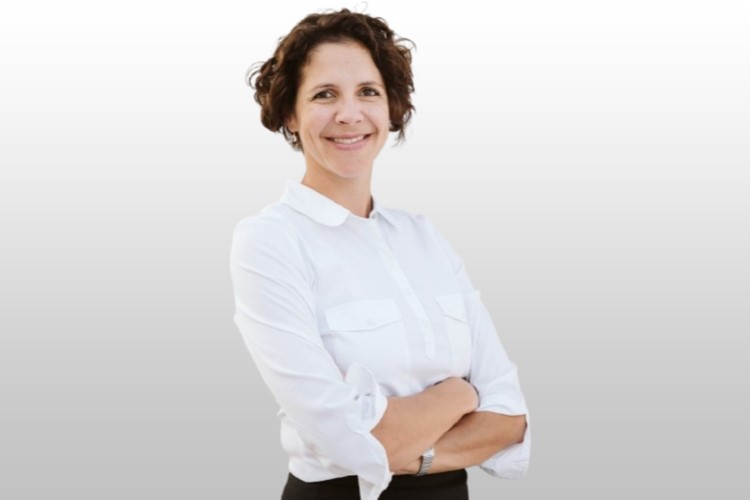FrieslandCampina, the Dutch dairy cooperative, has appointed Müller as the Managing Director for its operations in Iberia, Italy, and France, marking a strategic push in Southwest Europe. A long-serving member of the co-op, Müller brings 19 years of experience in marketing and business administration from major firms like Mondelez and PepsiCo, and most recently, as the commercial director at FrieslandCampina Professional. She aims to drive growth and solidify FrieslandCampina’s market position in these key European regions, now transitioning from emerging markets to essential growth drivers.
Müller’s focus for Southwest Europe rests on three pillars: climate neutrality, sustainable packaging, and better livelihoods for farmers. “Our goal is to reduce over a third of our greenhouse gas emissions by 2030, while improving packaging to make 95% recyclable or reusable by the same year,” Müller stated. The company also intends to market around 7% of its total milk intake in Southwest Europe, with a product lineup spanning cheese, cream, butter, and a growing selection of plant-based alternatives.
Climate Targets and Emissions Reductions
FrieslandCampina has set ambitious targets to cut operational emissions (scope 1 and 2) by 63% and supply chain-related emissions (scope 3) by 37.5% by 2030, using 2015 as the baseline. As of 2023, the co-op successfully reduced scope 1 and 2 emissions by 39% and scope 3 emissions by 34.5%. This trajectory aligns with the Science-Based Targets initiative (SBTi), which has validated FrieslandCampina’s scope 1 and 2 emissions target as compliant with limiting global warming to 1.5°C.
Restructuring for Strategic Growth
FrieslandCampina has restructured its operations in Europe to streamline its focus, dividing its efforts between a dedicated ‘Europe’ division and a ‘Retail and Americas’ group. This restructuring, announced in January 2024, reflects the co-op’s desire to capitalize on strategic retail partnerships in key markets, including France, Italy, and Spain. Emphasizing efficiency, the company is also investing in sustainable farming practices to align with its global environmental goals.
Müller elaborated on the current market dynamics: “Iberia, Italy, and France have evolved from development zones to central growth engines for us. However, expanding our relevance in these markets, especially from a talent and commercial standpoint, remains a critical challenge.”
Product Portfolio Expansion: Adapting to Local Tastes and Trends
With a focus on the professional segment, FrieslandCampina plans to enhance its offerings to cater to Southwest Europe’s diverse culinary landscape. “Our region is known for its rich gastronomic traditions and artisanal products,” Müller said. “We provide technical butters for products like croissants and a wide array of cheeses suited to local tastes.” By responding to regional preferences, the co-op hopes to leverage the culinary heritage of Southwest Europe while establishing FrieslandCampina’s brand as a leader in dairy innovation.
The company also sees significant growth potential in its specialized nutrition and ingredient lines. FrieslandCampina’s Specialized Nutrition division achieved a 3.5% rise in operating profit in 2023, bolstered by the demand for premium infant nutrition in China, while the Ingredients division grew by 20%, driven by high demand for adult nutrition ingredients. However, the Food & Beverage sector, encompassing both consumer and professional solutions, saw a decline, attributed to fluctuating dairy prices and reduced consumer purchasing power.
Embracing Innovation in Sustainability and Nutrition
FrieslandCampina aims to integrate sustainability into every facet of its operations. Müller shared her vision for innovation, focusing on climate-neutral practices and a commitment to providing good nutrition while ensuring a stable livelihood for the co-op’s farmers. This approach is integral to maintaining a resilient portfolio that aligns with emerging consumer demands for personalized and functional foods. The company’s expertise in both B2C and B2B markets provides it with a unique advantage to tap into trends like personalized nutrition and functional foods.
In her closing remarks, Müller reflected on the importance of adaptability in today’s volatile market environment. “The business landscape has become more complex and unpredictable. As a company, we are focusing on building resilience and staying responsive to these rapid changes. My priority is connecting with people—both colleagues and customers—understanding our strengths, and recalibrating our strategies accordingly.”
